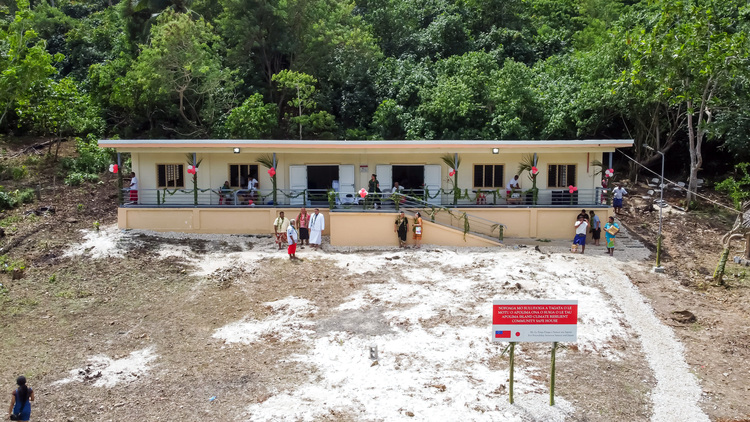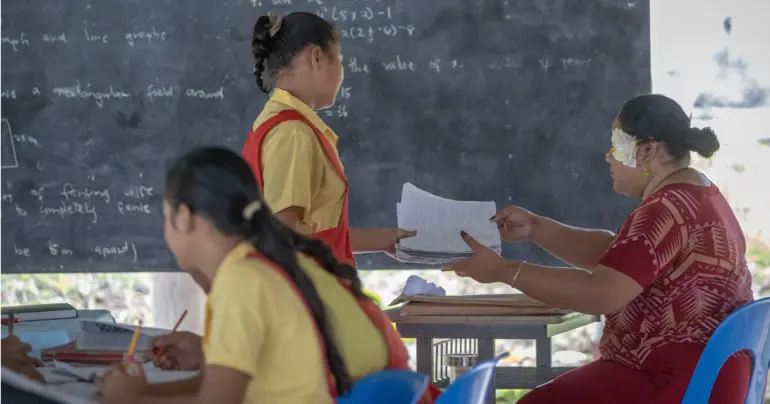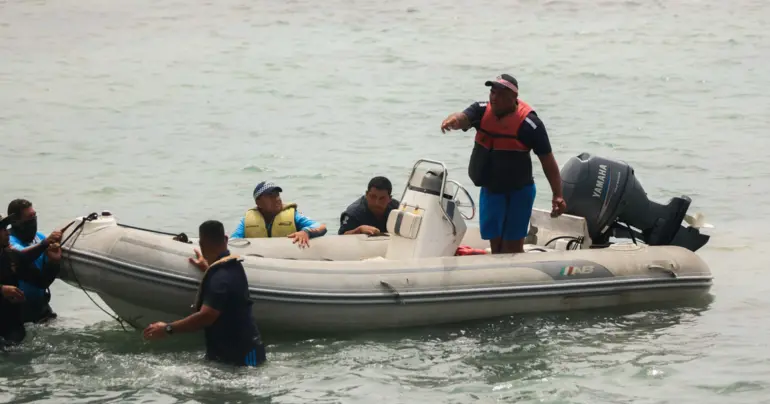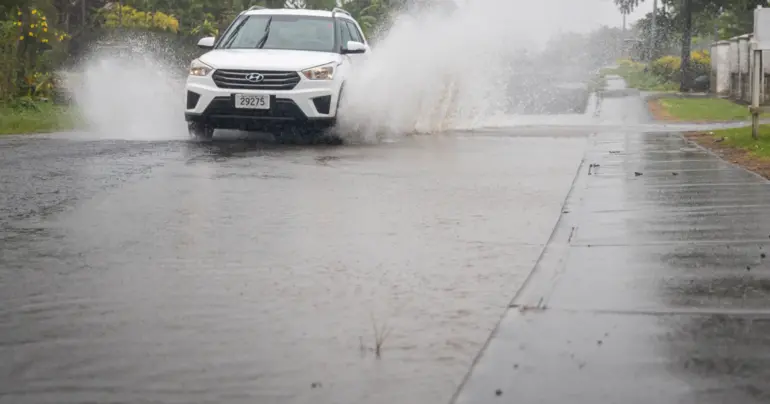The need to be less reliant on aid
There is truth to the recently released Pacific Aid Map report by the Lowy Institute that states that Samoa remains one of the most aid-dependent countries in the world. It is a fact that the Government, present and past will not rebut.
There is so much dependence on aid, that quite a bit of the national budget is financed through aid either directly or through development partners.
The report revealed Samoa has the second lowest Official Development Assistance to Gross National Income ratio in the Pacific region.
Official Development Assistance (ODA) is defined as government aid that promotes and specifically targets the economic development and welfare of developing countries.
According to the report that was published last year, Samoa’s aid accounts for 10 per cent of national income.
“In a global context, Samoa remains among the most aid-dependent countries in the world, ranking 28th out of 134 developing countries for its ODA/GNI ratio.
“The Samoan government’s development agenda highlights the need for capacity building, economic diversification, and investment in climate-resilient infrastructure.”
Between 2008 and 2021, the ODF disbursements to Samoa included grants, loans, and other forms of assistance — averaged US$165 million (in constant 2021).
“One-quarter of the development finance received by Samoa between 2008 and 2021 came in the form of loans,” the report found.
“As a share of Samoa’s total received development support, loans have declined significantly over the past decade.
“In 2010, loans made up 47 per cent of total financing to the country; since 2020, this share has declined to 14 per cent.”
It also recorded the International Monetary Fund (IMF) ranks Samoa’s risk of debt distress as high.
This can be seen through the various infrastructure projects that the Government has embarked on. There is very little direct investment by the Government into any major project. That is why the wharf at Apolima has remained unrepaired because the Government is waiting on a donor to provide the funds to fix this.
Such is the case for the need for a forensic pathologist. The Government will not dig into its pocket but wait for backing from a developing partner. It is also the case in the nation’s attempts to convert to renewable energy and move away from the costly and polluting fossil fuel-operated system.
Now that the climate financing has been announced, there will be a hold on climate change projects until it is financed through such financing mechanisms, which will take years to happen and the irreparable damage to the environment continues.
Over the years, the reliance on aid has become so much that only lip service is being done to promote agriculture and fisheries exports. By now, the exports should have been booming and the reliance on imported products lessened.
Perhaps, the years of relying on aid have also built the mentality about relying on imports.
During the supplementary budget address, Minister of Finance Lautimuia Uelese Afoa Vaai mentioned that Samoa has been able to repay its loans by not indulging in loans for major capital works. This translates to relying on aid money for much-needed capital works across all sectors.
This is why major works that are announced in the five-year sector plans are slow.
There is also the notion that in the global power structure in which weaker countries are economically reliant on stronger countries, allowing the stronger countries to exercise significant control over the weaker countries’ economic and political behaviour.
Foreign dependency generally fosters underdevelopment in the dependent country; a country’s adoption of policies tailored to the interests of a stronger country may inhibit the weaker country’s domestic growth, speed up environmental destruction, or create temporary growth that precludes sustainable development and economic independence.
Some experts regard foreign dependency as an extension of colonial trade patterns. Less-developed countries are often former colonies whose economies were focused on the production of raw materials destined for the manufacturing industries of their colonial masters.
Upon achieving independence, few former colonies had modern industrial economies or trained workforces that could compete in the global marketplace, so they continued to export cheap raw materials to former colonial powers. The industrial countries then sold manufactured goods back to their former colonies at a profit. This is what economists refer to as the ‘Dutch disease’. It should ring a bell for the wiser generation who recall the pineapple industry and the exports to New Zealand.
Dependency on foreign aid can also play a significant role in shaping the economy and politics of the recipient country. Although foreign aid can have positive economic and political impacts, such as increasing political participation and local public expenditures on social programs in developing countries, donor countries often use promises of aid (or threats of stopping aid) to pressure recipients into adopting the political or economic policies preferred by the donor.
The latter problem is particularly important in loan acceptance. A country that obtains loans from the World Bank, for example, must agree to adjust its economic structure, liberalise its economy, and increase its international financial accountability. Moreover, paying off the debt from loans often leads to balance-of-payments difficulties for the recipient, further sustaining and deepening its economic dependency.
Less-developed countries’ reliance on foreign capital can also perpetuate dependency. Much of the financial capital available in a developing country arrives from outside its borders. That capital may take the form of foreign aid or foreign direct investment, which includes activities such as hosting foreign firms that provide jobs, increasing domestic capital flows, and generating tax dollars.
However, these investments through aid also may generate problems. Foreign firms from developed nations typically dominate the local market, preventing or discouraging the development of local industries. Moreover, the administration of the host country may be asked to provide tax incentives to keep the foreign company in the country. The host country may also relax workplace or environmental regulations to induce foreign companies to establish or maintain businesses there.
Aid is not a bad thing but there is a need to be less reliant on it. The nation has to have the ability to back itself and move away from the handouts which come with strings attached. This is food for thought for the leaders of our nation. Have a blessed Sunday.











